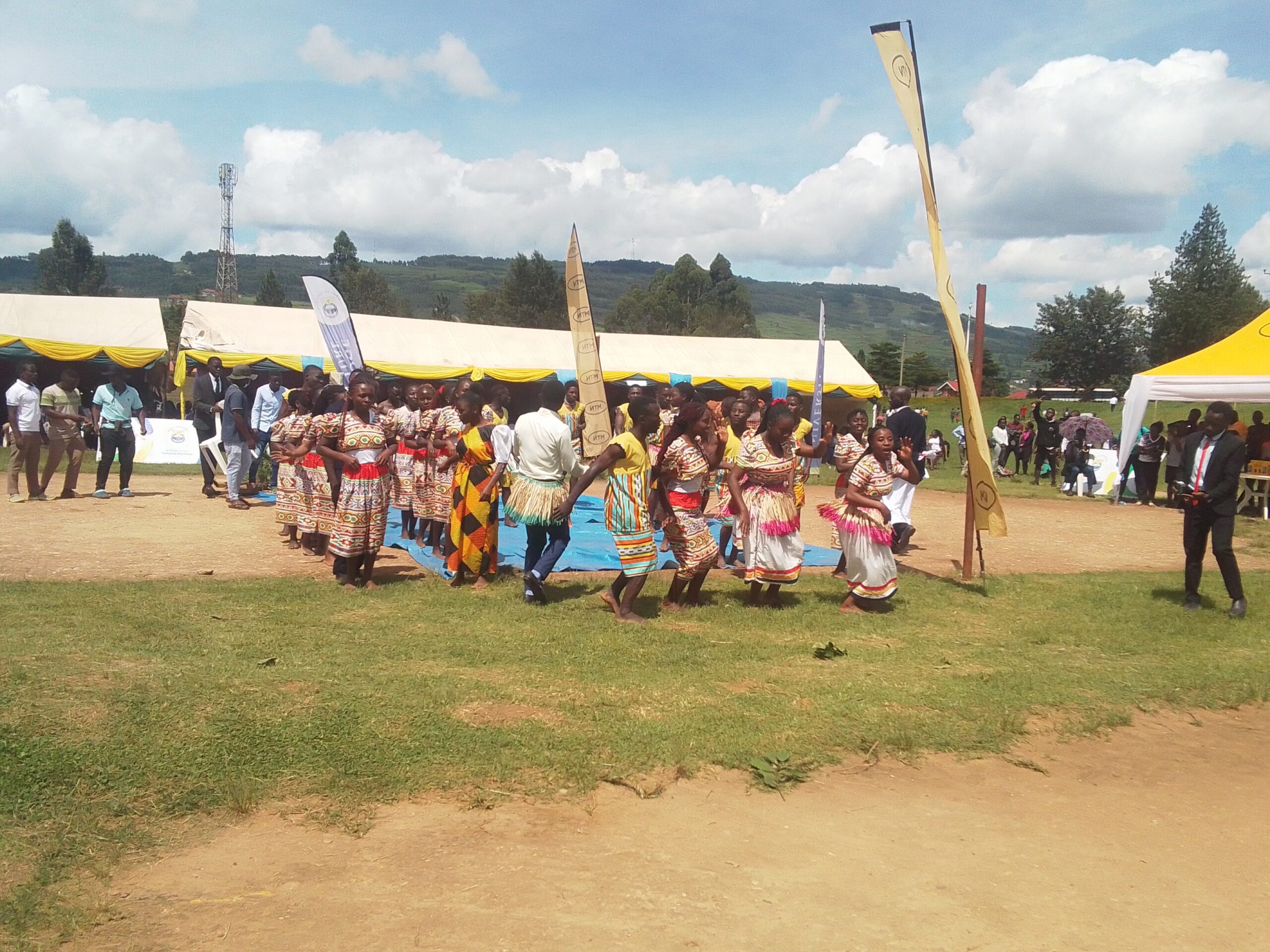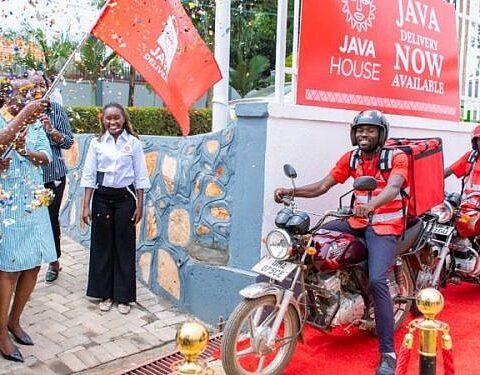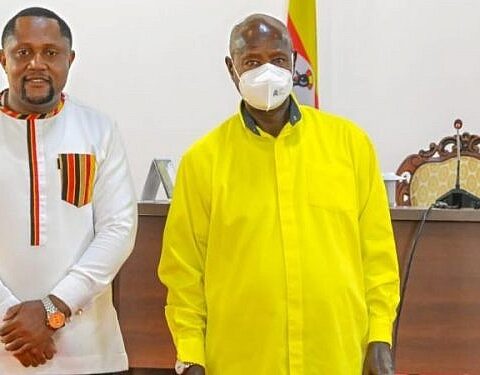By Enock Ndyamuhakyi
Kabale, Uganda – April 26, 2025-Cultural and Heritage specialists at Kabale University have called for the integration of Culture and Heritage Studies into Uganda’s lower institutions of learning as a strategic move to foster national identity, promote social cohesion, and preserve the country’s rich cultural knowledge.
The call was made today during Kabale University’s annual Cultural Diversity Gala, held at the university’s playground in Kikungiri, Southern Division, Kabale Municipality.
The event, organized under the theme *“Promoting Culture and Health for Sustainable Development,”* aims to celebrate talent and unity among students.
Dr. Ruth Tibesasa, Head of the Department of Culture and Heritage Studies at Kabale University, emphasized that early exposure to cultural heritage can instill a deep sense of pride and belonging among learners, ultimately enhancing civic engagement and patriotism.
“Learning about our traditions and values from a young age helps bridge cultural divides and promotes tolerance,” Dr. Tibesasa said. She added that integrating culture into the education system would also make learning more engaging and relevant to students’ lives.
Amos Tukamushaba, the Dean of Studies at Kabale University, echoed similar sentiments, noting that teaching cultural heritage in schools is key to passing down valuable knowledge, skills, and traditions to future generations, safeguarding Uganda’s diverse heritage.
Tukamushaba also pointed out that a strong understanding of cultural heritage can unlock economic opportunities through cultural tourism and the growth of cultural industries. Furthermore, he highlighted that cultural studies foster essential life skills such as critical thinking, creativity, and communication.
The Kabale University Guild President, Mukamawenka Edwine emphasized the vital role cultural galas play in promoting unity among students by celebrating the diversity of cultures from different regions.
She noted that cultural events bring students together and foster understanding and appreciation for each other’s backgrounds.
She also pointed out that the rise of Western influence has led to the erosion of traditional values and customs, and cultural galas serve as an important platform for reviving and preserving indigenous cultures. “Organizing such events helps us to reconnect with our roots and revive the cultures that have been fading away,” she said.
Mukamawenka further added that culture plays a crucial role in helping young people remember, understand, and study the norms and traditions of their communities, strengthening their sense of identity and pride.
The colorful Cultural Gala showcased students’ talents and celebrated Uganda’s diverse cultures through competitions in cultural anthems, traditional attire, food preparation, herbal medicine practices, folk songs, and cultural dances. Students from various regions, including the Rwenzori, proudly displayed their traditional dressing styles.
Organized by the University’s Ministry of Social Affairs and Cultural Mobilization in partnership with the Guild President’s office, the event also aims to enhance social interaction, promote mental wellness, identify talent, and build leadership and organizational skills among students.
The event is presided over by Professor Johnny Mugisha, Kabale University’s Deputy Vice Chancellor in charge of Academics, who commended the initiative for promoting unity and preserving Uganda’s cultural wealth.




